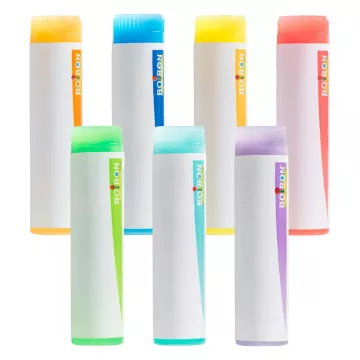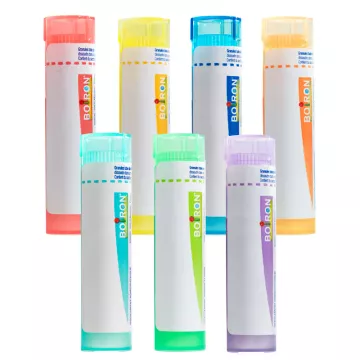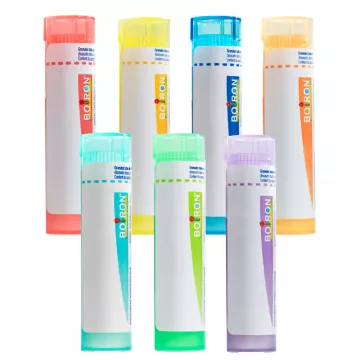


By incorporating strict hygiene practices, recognizing symptoms and adopting the right treatment measures, it is possible to effectively manage this condition and reduce its impact on daily life. Prevention, through impeccable hygiene and healthy eating habits, remains the key to avoiding gastroenteritis and maintaining good digestive health.
What is gastroenteritis and how does it manifest itself?
Gastroenteritis is an inflammation of the stomach and intestine, leading to symptoms such as diarrhea, vomiting, abdominal cramps and fever. This condition is usually caused by a viral infection, although bacteria, parasites and certain medications can also be responsible. Signs of dehydration, such as excessive thirst, dry mouth and decreased urination, require special attention.
What are the main causes of gastroenteritis?
Gastroenteritis is mainly caused by viruses (such as rotavirus and norovirus), bacteria (such as salmonella and E. coli), and parasites. Transmission can occur through ingestion of contaminated food or water, direct contact with an infected person, or contact with contaminated surfaces.
How can gastroenteritis be prevented?
The prevention of gastroenteritis is based on several key practices: washing hands regularly with soap and water, eating well-cooked food, drinking safe water, avoiding sharing personal objects, and getting rotavirus vaccinations for infants. Cleanliness andpersonal hygiene are crucial to reducing the risk of infection.
What treatments are available for gastroenteritis?
The main aim of gastroenteritis treatment is to prevent dehydration. This may include oral rehydration with saline solutions, rest and, in some cases, anti-nausea medication. For severe infections, antibiotics may be prescribed. It is essential to consult a healthcare professional for proper diagnosis and treatment.
Can you recover quickly from gastroenteritis?
Most people recover from gastroenteritis without specific treatment within a few days. However, rehydration and rest are essential to speed up recovery. Infants, the elderly, and individuals with weakened immune systems may require more sustained medical attention.
How can diet help manage gastroenteritis?
During gastroenteritis, we recommend a light, easily digestible diet. BRAT foods (bananas, rice, applesauce and toast) can help stabilize the stomach. It is also advisable to avoid fatty, spicy or milky foods until recovery is complete.
What are the signs of dehydration due to gastroenteritis?
Signs of dehydration include excessive thirst, decreased frequency of urination, dark urine, dry skin, unusual fatigue and dizziness. In young children, signs may also include tearless crying and a sunken fontanelle (the soft spot on top of the head). It's crucial to seek immediate medical help if signs of severe dehydration appear.
Are probiotics effective in treating gastroenteritis?
Probiotics, which are beneficial bacteria for digestive health, can help restore the natural balance of intestinal flora after an infection. Studies suggest that certain probiotics can reduce the duration of gastroenteritis symptoms, particularly in children. However, it is advisable to consult a healthcare professional before starting any probiotic supplement, especially in people with weakened immune systems.
How does gastroenteritis differ from food poisoning?
Although the symptoms of gastroenteritis and food poisoning may resemble each other, food poisoning is generally caused by eating food contaminated with bacteria, viruses or toxins, and its symptoms appear quickly after ingestion. Gastroenteritis, on the other hand, can be caused by viruses that are transmitted from person to person, and symptoms may take longer to appear.
Can I continue to take part in physical activities when I'm suffering from gastroenteritis?
It is advisable to limit physical activity during gastroenteritis to allow the body to concentrate on recovery. Exercise can worsen dehydration and symptoms. Rest is essential until symptoms improve and energy returns. If you wish to resume exercise, start slowly and gradually increase intensity as you recover.
How can I support someone suffering from gastroenteritis at home?
To support someone suffering from gastroenteritis, make sure they stay well hydrated by offering regular fluids, such as water or oral rehydration solutions. Offer a light diet and avoid foods that are difficult to digest. Keep the environment clean and disinfect frequently touched surfaces to prevent the spread of infection. Also, encourage the person to rest as much as necessary to promote rapid recovery.